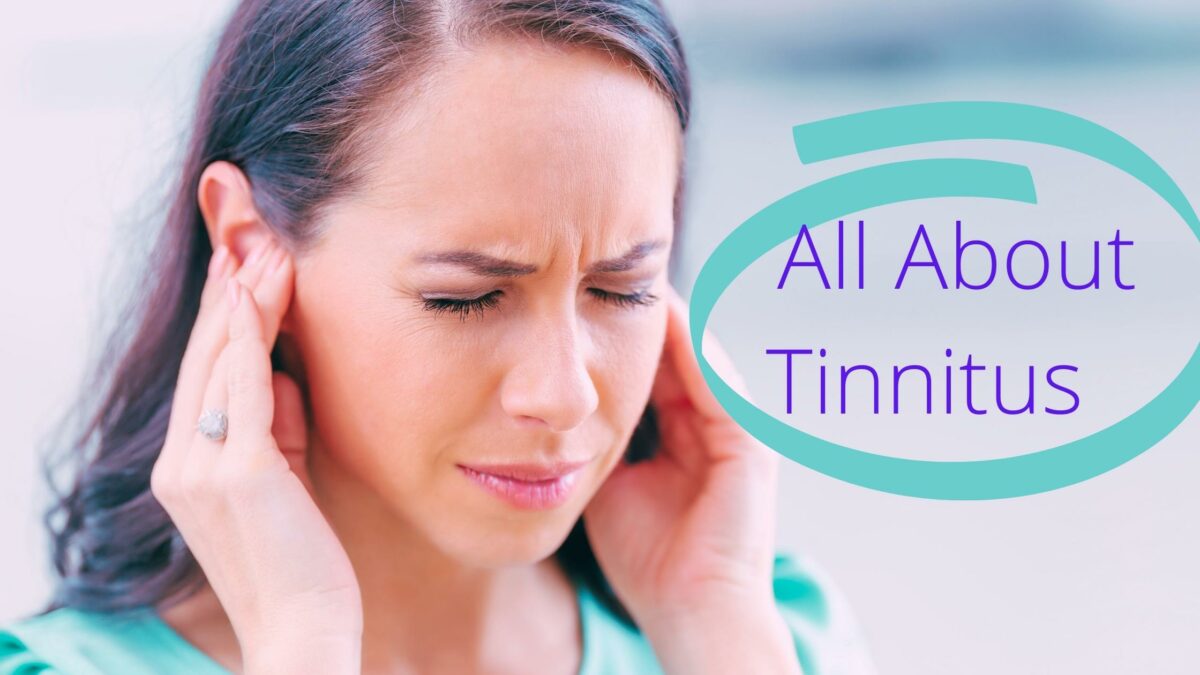Tinnitus is a condition that causes a ringing in the ears. Without any external input. Tinnitus noises differ from person to person; they are unique “”head sounds.”” A surge of air, a roar, a clicking, cracking, pop, whistling, or, in some rare occasions, music has been experienced.
Tinnitus affects some people for only a few minutes, while others with chronic tinnitus hear sounds throughout day and night.
How common is tinnitus?
Tinnitus affects around 10% of the adult population in the United States or 25 million people. Following the wars in Afghanistan and Iraq, 60 percent of veterans suffered hearing loss and tinnitus. Tinnitus, in fact, can strike anyone at any time. Most people have suffered brief bouts of tinnitus, such as after a loud music concert.
Types of tinnitus
Tinnitus is divided into two types: subjective and objective.
The most common type of tinnitus is subjective tinnitus, which accounts for 99 percent of all instances. Only the individual who is experiencing the sound may hear it with subjective tinnitus. The most common causes of subjective tinnitus are noise-induced hearing loss and age-related hearing loss, both of which are types of sensorineural hearing loss. The hair cells of the inner ear are damaged by sensorineural hearing loss and do not recover. Hearing specialists believe that damaged hair cells “”leak”” sound, causing tinnitus.
Objective tinnitus is uncommon, accounting for only around 1% of all instances reported. With objective tinnitus, the sound may be heard by both the individual who has tinnitus and a person sitting close by. High blood pressure or cardiovascular issues are common causes of objective and pulsatile tinnitus. The sounds of pulsatile tinnitus are synchronized with the beat of your heart.
Tinnitus can also be caused by a blockage in the ear canal caused by earwax or a problem with the ear’s bones. Medications such as chemotherapy and antibiotics like aminoglycosides can destroy inner ear hair cells and induce tinnitus.
The relationship between Hearing Loss & Tinnitus
According to the Hearing Health Foundation, 90 percent of tinnitus cases are associated with hearing loss. Tinnitus, unlike hearing loss, cannot be quantified or diagnosed through a test. Tinnitus and hearing loss often have the exact cause(s), whether it’s ototoxic medicine, loud noise exposure, or an ear canal blockage.
Damage to the inner ear hair cells is a typical cause of both hearing loss and tinnitus. Your audiologist or hearing specialist will ask you several questions to figure out what’s causing your tinnitus during your session. Tinnitus, like hearing loss, is a debilitating and life-altering affliction, particularly in chronic situations. Sleep deprivation, concentration and memory issues, and increased worry and stress levels have been associated with tinnitus. When combined with hearing loss, tinnitus can hurt your physical and emotional health, as well as your interpersonal interactions. Seeking treatment for tinnitus and hearing loss improves one’s quality of life significantly.
How to manage tinnitus
While hearing loss is the most common cause of tinnitus, there are around 200 different health problems that can cause tinnitus as a symptom, according to the American Tinnitus Association. Tinnitus may be relieved or eliminated in some circumstances by treating the underlying disease.
While there is no single cure for tinnitus, there are effective therapies.
Hearing aids are a popular therapy choice for those who have tinnitus and hearing loss. Hearing aids increase voice and environmental sounds while also providing noise cancellation and focusing on specific speakers.
Because of the close link between tinnitus and hearing loss, many hearing aid manufacturers provide tinnitus therapy options as a feature on the more sophisticated hearing aids. Tinnitus therapy options mask tinnitus sounds. There are other stand-alone tinnitus treatments available.
It’s critical to address tinnitus (and hearing loss) if you’ve been suffering from it. To schedule a consultation and hearing test, contact us today.

